How to Design Your Own Custom Cabinet for Maximum Space Efficiency
In today's world, where space optimization is crucial, the design and installation of custom cabinets have emerged as a vital solution for homeowners seeking to maximize their living areas. According to the National Kitchen and Bath Association (NKBA), well-designed cabinetry can enhance both the functionality and aesthetic appeal of a space, ultimately adding up to 25% more usable storage.
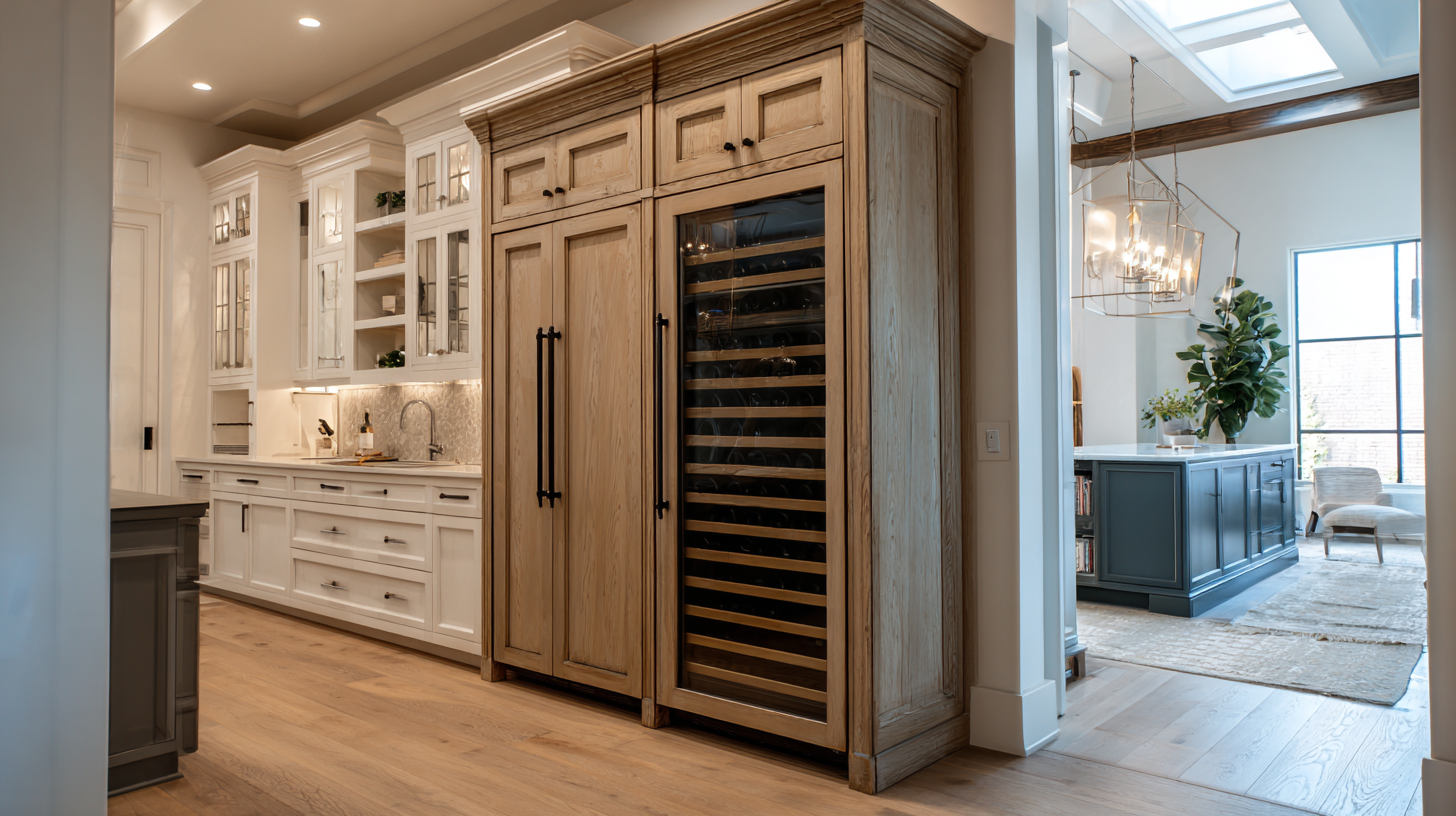
Custom cabinets not only cater to individual style and preferences but also adapt to the unique dimensions and constraints of a room, providing efficient storage solutions that off-the-shelf options often fail to deliver. With a significant percentage of homeowners recognizing the importance of tailored designs, investing in custom cabinetry is not just about aesthetics; it’s a strategic move towards achieving a more organized and efficient living environment. By understanding the principles of space planning and material selection, anyone can embark on the journey of creating a functional and visually appealing custom cabinet system that elevates their home.
Understanding Your Space: Assessing Dimensions and Layout
Assessing the dimensions and layout of your living space is crucial when designing a custom cabinet for maximum space efficiency. Begin by thoroughly measuring the area where the cabinet will be installed. Consider not only the height, width, and depth but also the overall flow of the room and how the cabinet will interact with existing furniture and features. This holistic approach is akin to principles found in kitchen layout designs, where the work triangle is prioritized to enhance functionality.
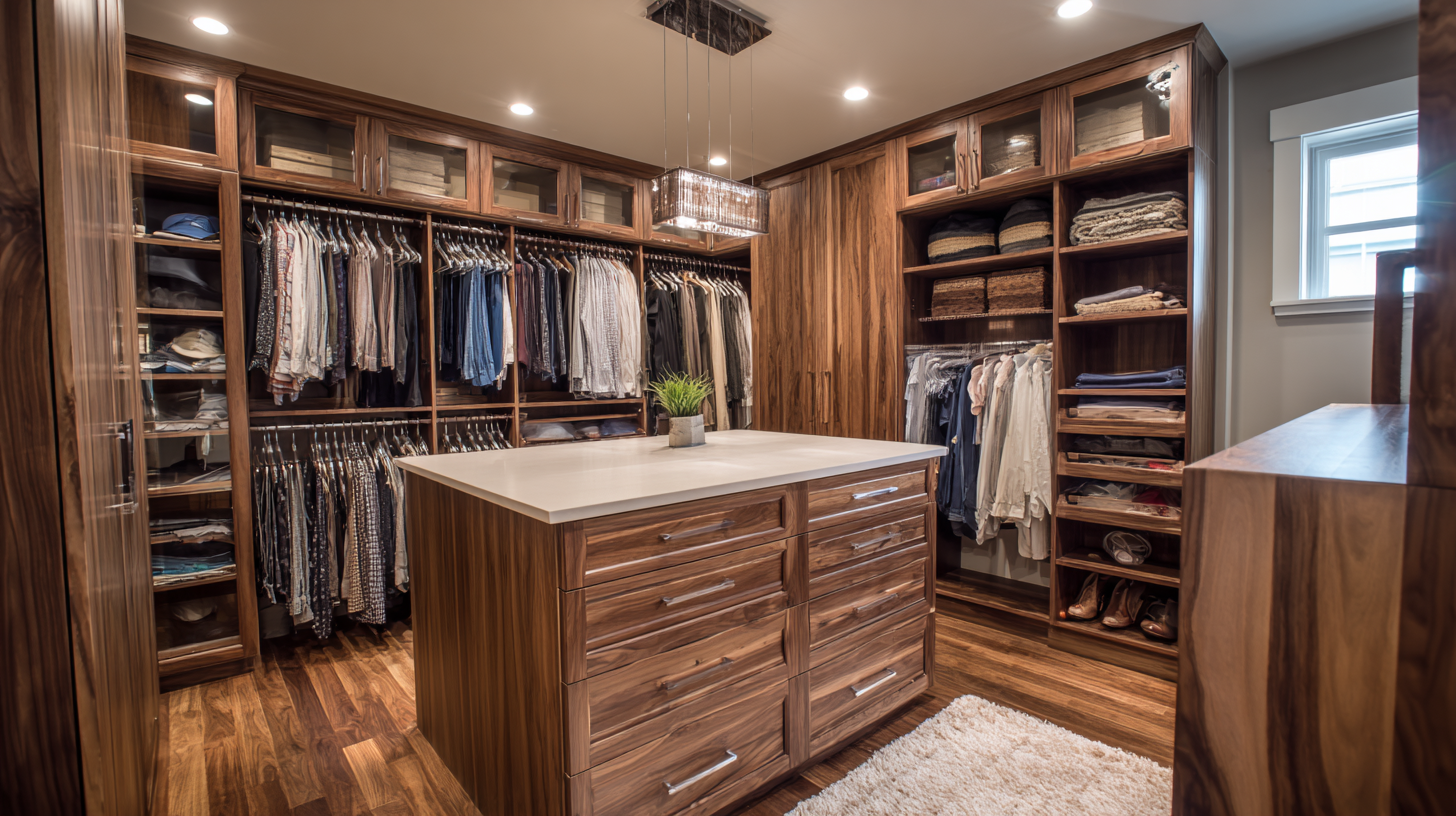
Moreover, it’s essential to think about the specific needs of the users, especially for older adults who tend to spend more time indoors. Custom cabinets can be designed to promote easy access to frequently used items, enhancing independence and encouraging healthy habits. Incorporating thoughtful design elements can create a more supportive environment, addressing both physical accessibility and the mental well-being of occupants. By understanding your space and its unique requirements, you can create a custom cabinet that not only maximizes efficiency but also contributes positively to the overall living experience.
Choosing the Right Materials for Durability and Aesthetic Appeal
When designing a custom cabinet, the choice of materials plays a crucial role in both durability and aesthetic appeal. Selecting the right material ensures that your cabinet will withstand daily wear and tear while also complementing your interior design. For long-lasting durability, hardwoods such as oak, maple, or cherry are excellent options as they resist scratching and can be refinished over time. Plywood is another robust choice, providing great strength and stability, especially in high-moisture areas like kitchens and bathrooms.
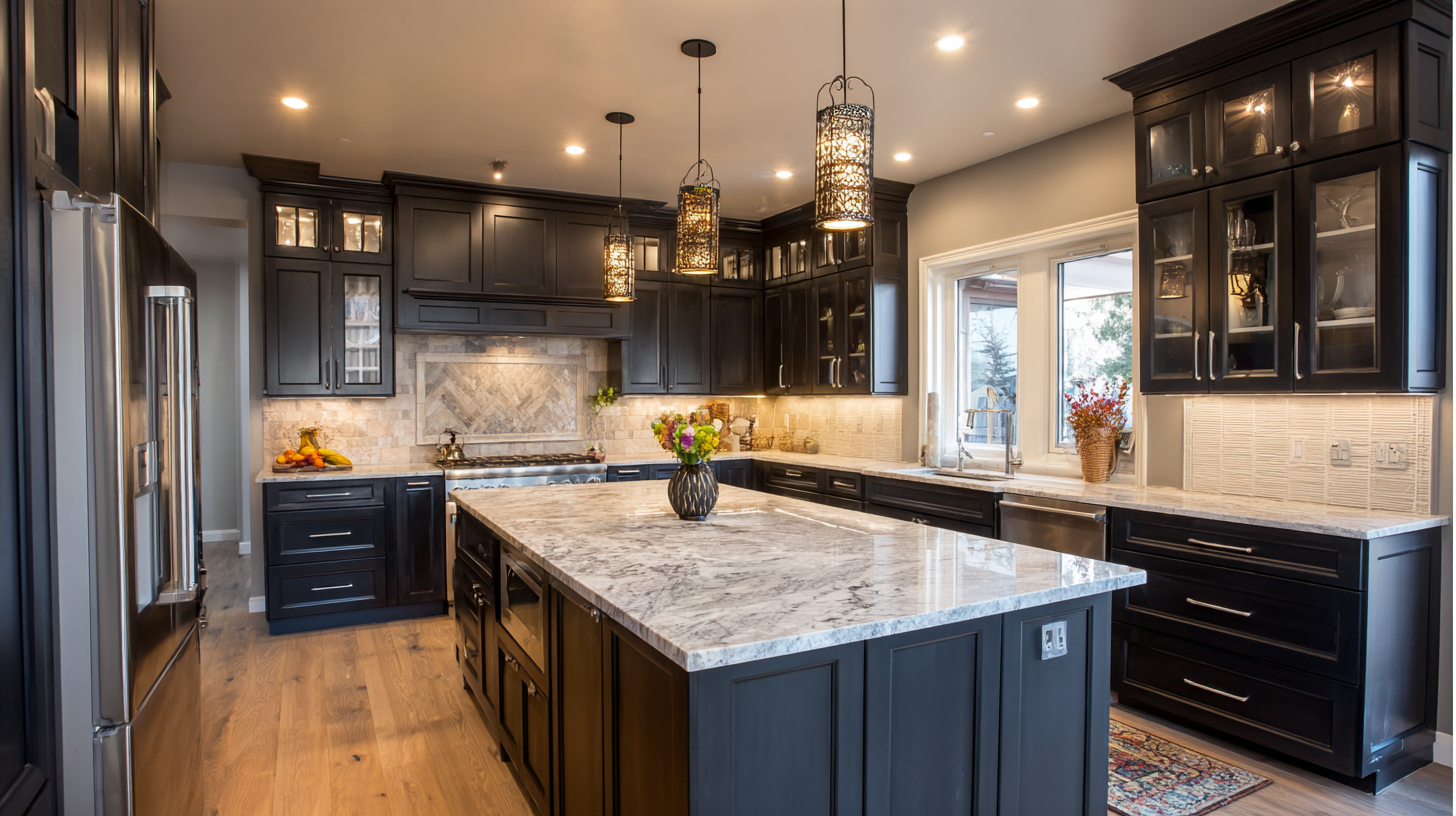
In addition to durability, the aesthetic quality of your chosen materials can transform the overall look of your space. Laminate surfaces offer a wide range of colors and textures, making them a versatile option for modern designs. On the other hand, natural wood finishes can enhance warmth and character, contributing to a more classic or rustic aesthetic.
Pairing materials thoughtfully can create a cohesive look; for instance, combining sleek metal hardware with rich wood finishes can elevate both style and functionality. Ultimately, the right materials will not only enhance the lifespan of your cabinets but also beautify your living space.
Planning for Functionality: Designing Cabinet Features
When designing your own custom cabinet for maximum space efficiency, it's essential to prioritize functionality. Modern kitchen trends emphasize the importance of vertical storage solutions, such as tall and slender tower kitchen cabinets, which not only save floor space but also provide ample room for organizing kitchen essentials. With homeowners increasingly leaning toward multifunctional furniture, incorporating features that enhance usability while maintaining style is crucial. Reports indicate that effective storage systems significantly enhance a kitchen’s functionality, transforming it into a more practical and enjoyable space.
To maximize your cabinet's utility, consider integrating tailored features that cater to your specific needs. Utilizing clever organizational strategies and incorporating amenities like pull-out shelves or dedicated compartments for small items can drastically improve accessibility. The trend for personalized kitchen cabinets underscores a growing demand for designs that reflect individual lifestyles while enhancing functionality. Utilizing these insights can guide you in creating custom cabinets that are not only visually appealing but also serve the practical purpose of keeping your space organized and efficient.
Custom Cabinet Space Efficiency Analysis
The following chart illustrates the space efficiency of various cabinet features based on common measurements in cubic feet. This data provides insight into how different cabinet configurations maximize storage capacity.
Maximizing Storage: Innovative Organization Solutions
When designing your own custom cabinet, maximizing storage is the key to enhancing space efficiency in any room.
Innovative organization solutions can transform a cluttered area into a streamlined storage haven. According to a
2021 study by the National Association of Home Builders,
80% of homeowners prioritize efficient storage solutions
when remodeling their kitchens. This highlights the essential role of custom cabinetry in achieving not just
aesthetic appeal but practical function.
To make the most of your cabinet design, consider incorporating modular shelving options. This allows for
adjustable heights and configurations, enabling you to accommodate items of varying sizes. Additionally,
pull-out drawers and lazy Susans can significantly increase accessibility. A report from the American Institute
of Architects found that implementing these features can increase storage capacity by up to
30%.
Tips: Utilize vertical space by extending cabinets to the ceiling,
maximizing every inch of your walls. Invest in dividers and organizers for smaller sections, ensuring that every
item has a designated place, thus eliminating clutter and enhancing overall efficiency.
Finishing Touches: Color and Hardware Selection for Style
When designing a custom cabinet, the finishing touches such as color and hardware selection play a pivotal role in not only achieving maximum style but also enhancing the functionality of the space. According to a report by the American Institute of Architects, about 60% of homeowners view cabinetry as one of the most important elements in kitchen design. The ideal color palette can create an illusion of larger space, with lighter shades like whites and pastels being particularly effective in small areas. A study published by the National Kitchen and Bath Association found that using a unified color scheme across cabinets can increase perceived room dimensions, making it essential to choose colors that complement the overall design.
In addition to color, hardware selection is integral to the aesthetic appeal of a cabinet. The same research indicates that homeowners are increasingly gravitating towards more unique hardware options, with over 45% opting for custom knobs and pulls to achieve a personalized touch. The choice of metallic finishes such as brushed nickel or matte black not only enhances the visual interest but also aligns with modern trends towards minimalist design. By thoughtfully combining color and hardware, homeowners can create a custom cabinet that not only maximizes space efficiency but also reflects their personal style.
How to Design Your Own Custom Cabinet for Maximum Space Efficiency - Finishing Touches: Color and Hardware Selection for Style
| Dimension | Specification | Color Options | Hardware Options |
|---|---|---|---|
| Height | 72 inches | White, Gray, Oak | Brushed Nickel, Antique Bronze |
| Width | 48 inches | Blue, Green, Black | Satin Chrome, Matte Black |
| Depth | 24 inches | Maple, Cherry, Walnut | Polished Brass, Oil-Rubbed Bronze |
| Number of Shelves | 3 adjustable | Custom Paint | Hidden Hinges, Soft-Close Mechanism |
| Finish Type | Matte or Glossy | Two-Tone Finish | Contemporary Knobs, Classic Pulls |
Related Posts
-
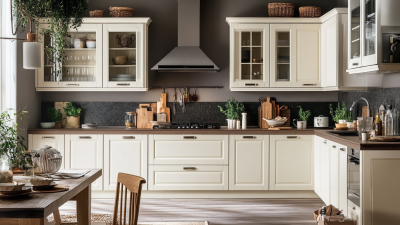
How to Choose the Perfect Custom White Kitchen Cabinets for Your Space
-
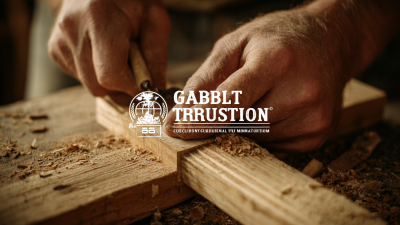
Unmatched Quality in Cabinet Construction Why Global Trust in Chinese Manufacturing Endures
-
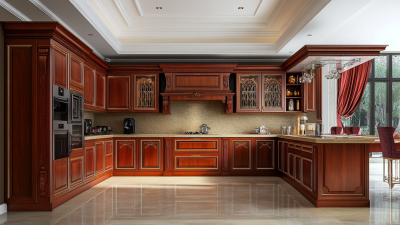
Leading the Global Market with China’s Custom Kitchen Cabinet Manufacturing Excellence
-
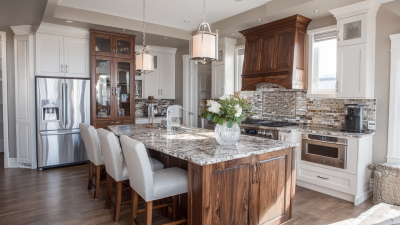
Ultimate Guide to the Top-Rated Kitchen Pantries: A Comprehensive Comparison
-
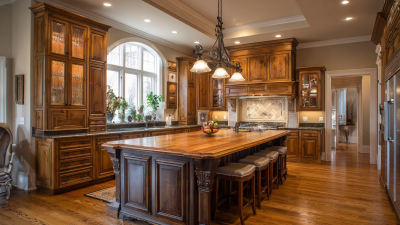
Ultimate Guide to Sourcing Custom Cabinets for Your Business Success
-

7 Essential Features of Custom Cabinets That Elevate Your Home Design

